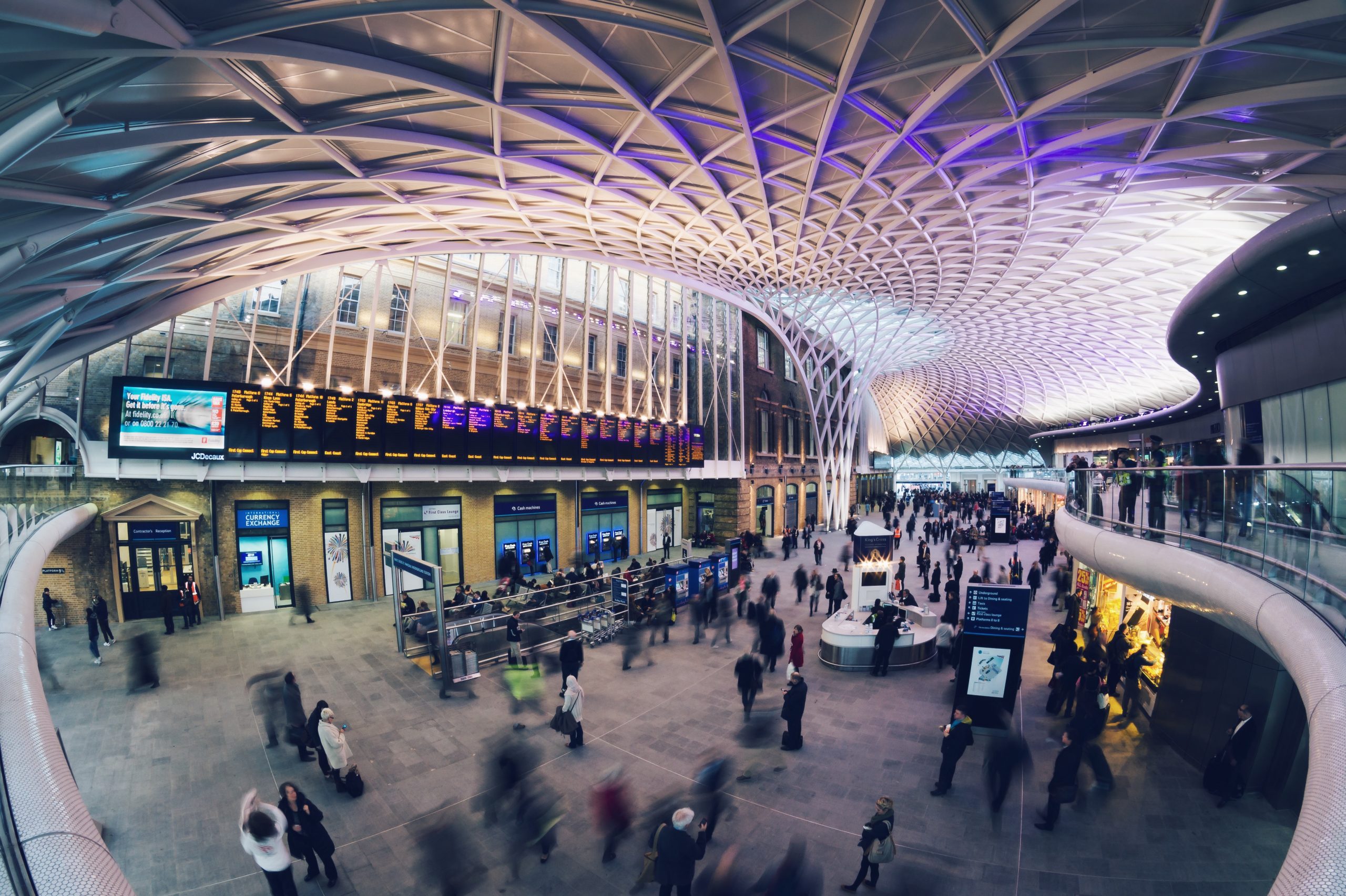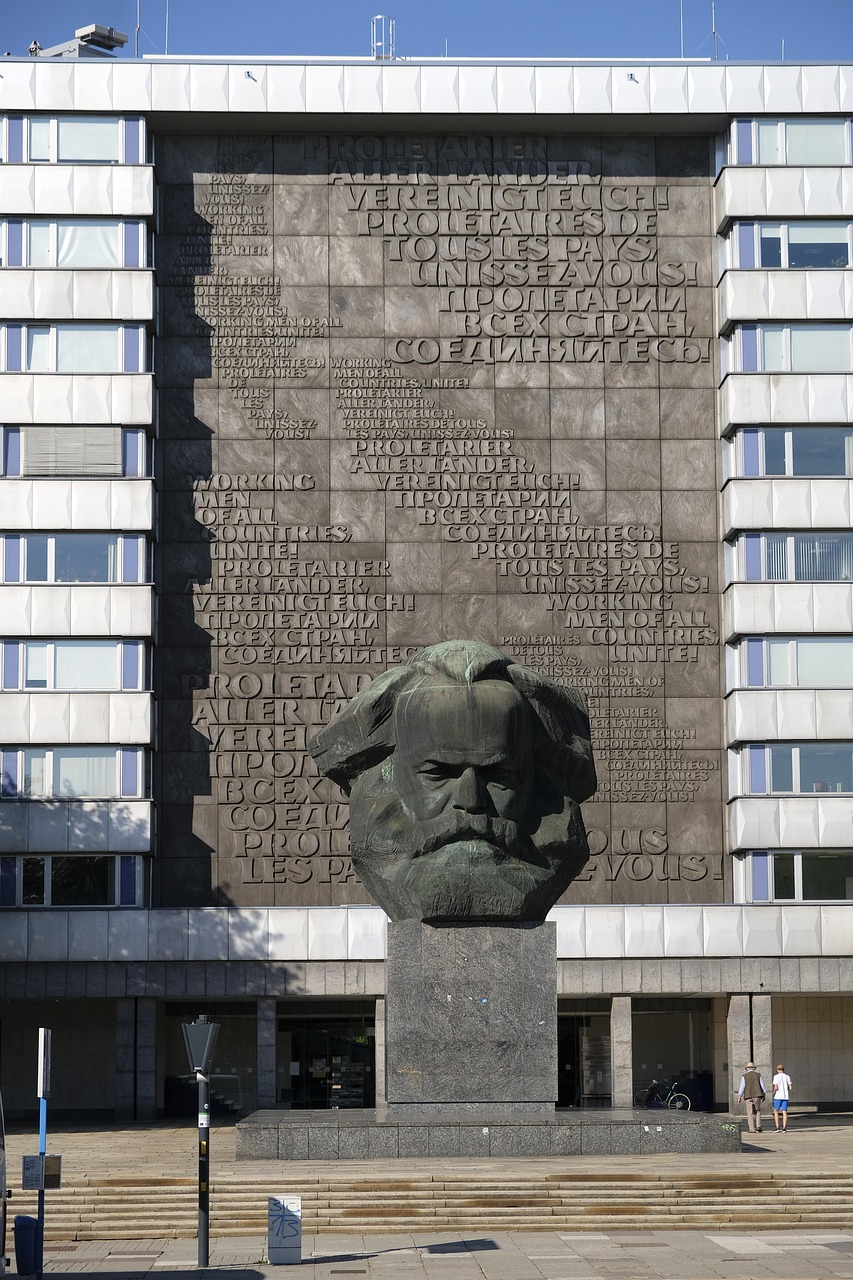Soon we will all be able to hop on a state-owned train and pay a lot less for our ticket, according to the latest election pledge from the Labour party.
On top of the “free” broadband, “free” university education, and “free” dental care, the party is now promising free train travel for under 16s and a 33 per cent reduction in fares for the rest of us.
The renationalised services will offer the discounted tickets via a centralised platform – goodbye Trainline – in a bid to reverse the 40 per cent increase in fares since 2010.
On the surface, this pledge is likely to be popular with commuters who are not looking forward to the 2.7 per cent fare hike in January. But will it actually deliver benefits for anyone else?
Labour claims privatisation is responsible for the fare rises, but rises reflect the opinion of successive governments that train travel should be paid for by train travellers, not subsided the millions of taxpayers who rarely, if ever, step on one.
In 1995, half the day-to-day cost of running the railways was borne by travellers and the other half by taxpayers; today, roughly 75 per cent of the cost sits on passengers’ shoulders.
This seems very reasonable in its own right, especially when you consider who actually uses trains. 930 million rail journeys start or end in London, according to the most recent government figures, compared to only 30 million for the whole of Wales and 16 million in the north-east.
What Labour is effectively proposing is making it cheaper for City workers to get the train from their leafy suburban home to the office, by transferring the cost of a train ticket onto lower-income workers in Newcastle who only ever drive or catch the bus to work.
This is a move which is likely to exacerbate economic and regional inequality. The issue is compounded by how Labour intends to pay for this policy: by taking the revenue from vehicle exercise duty currently earmarked for road improvements.
Rail accounted for just two per cent of all journeys in England in 2017, compared to 66 per cent by car or bus. Road improvements would deliver benefits for many more people than marginally cheaper rail fares.
It seems Labour’s announced fare cut is more about their ideological commitment to rail nationalisation (and wanting something quick to show for their state-driven reform efforts) than it is to practical transport improvements “for the many”.
One question that is not asked often enough in this debate is why rail fares matter so much. Regular rail users are a very small percentage of the population, and they are predominantly Londoners.
My guess would be that Londoners who have been driven out of the capital by spiralling housing costs and who can only retain their jobs by moving out to commuter towns are not terribly thrilled about hopping on the train each day, let alone the increasing cost for doing so.
People are forced onto trains, and fork out for the expensive season rail ticket, because of the lack of affordable housing close to work.
Like in so many other areas of public policy, you cannot discuss any one issue without circling back to the housing crisis. It should be a major priority of the next government, whoever ends up in Number 10.
But this should not be used as an excuse to place further burdens on taxpayers, who won’t even benefit from the transport their tax money subsidises.
Rather than increasing state intervention and price-setting, the solution to increasing fares and overcrowding is freeing train operators from prescriptive price mechanisms and allowing more flexibility in pricing, reducing overcrowding by ending the stark peak/off-peak cliff edge, and reducing the taxpayer subsidy for the railways.















